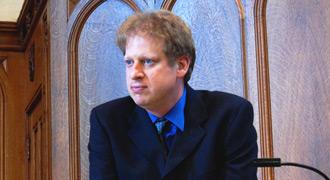The Department of Psychology at Yale conducts research in major areas of the field, including behavioral neuroscience, clinical, cognitive, developmental, and social/personality psychology. The B.A. in psychology has been designed to provide undergraduates reasonable grounding in psychology in the context of a general liberal arts education. At the graduate level, the primary goal is the training of research investigators in academic and applied settings. Learn more at http://www.yale.edu/psychology

Introduction to Psychology
What do your dreams mean? Do men and women differ in the nature and intensity of their sexual desires? Can apes learn sign language? Why can’t we tickle ourselves? This course tries to answer these questions and many others, providing a comprehensive overview of the scientific study of thought and behavior. It explores topics such as perception, communication, learning, memory, decision-making, religion, persuasion, love, lust, hunger, art, fiction, and dreams.

The Psychology, Biology and Politics of Food
This course encompasses the study of eating as it affects the health and well-being of every human. Topics include taste preferences, food aversions, the regulation of hunger and satiety, food as comfort and friendship, eating as social ritual, and social norms of blame for food problems. The politics of food discusses issues such as sustainable agriculture, organic farming, genetically modified foods, nutrition policy, and the influence of food and agriculture industries.